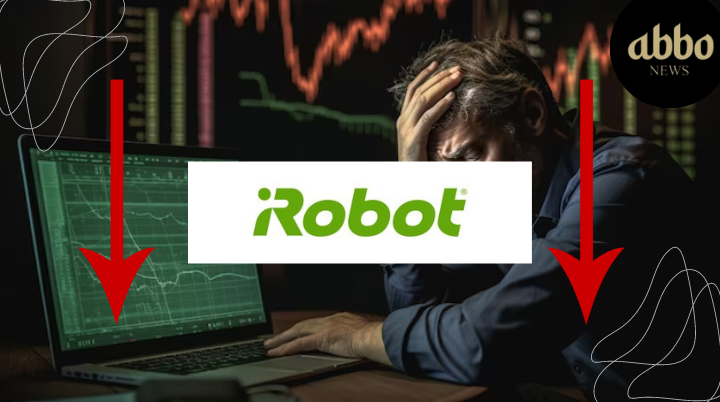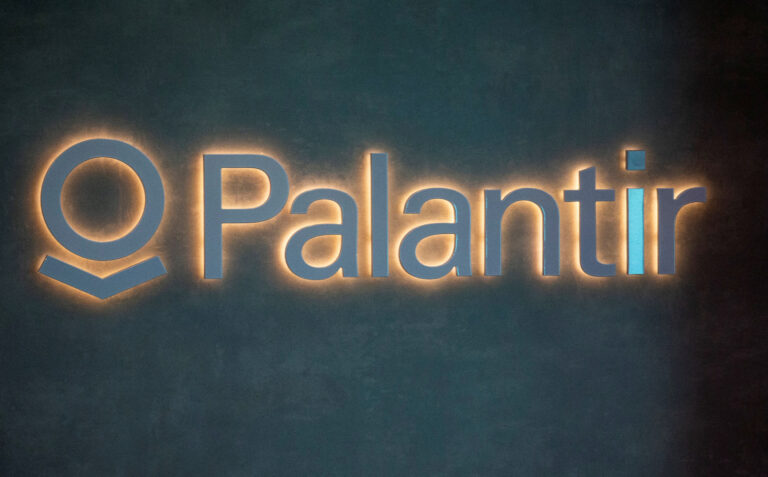Boeing (NYSE: BA) workers’ efforts to restore the traditional pension plans it ditched a decade ago feels to many like a long shot, as reinstating such a structure could exacerbate the planemaker’s shaky financial situation.
Bringing back the defined-benefit plans – where the pension liability is primarily borne by the employer – will require a major concession from the company, particularly as most corporations have drifted away from this model.
Boeing (NYSE: BA) has resisted attempts to restore the plan. Jon Holden, the negotiator for the 33,000 Boeing workers on strike, hinted after the union rejected the company’s offer that workers might be satisfied with an alternative.
“It does come down to potentially exploring other defined-benefit options, which we are willing to do,” he said on Oct. 24 at a press conference.
The dispute highlights the delicate balancing act facing new CEO Kelly Ortberg, who is tasked with bringing a quick end to the crippling strike while avoiding overpromises.
Alternatives are more likely to look like defined-contribution plans – which are an expense for a company but do not add to its liabilities.
The United Auto Workers, in its strike against General Motors (NYSE: GM), Ford Motor (NYSE: F), and Stellantis (NYSE: STLA) last year, managed to secure a generous increase in employer contributions to 401(k) plans without requiring workers to provide to them first.
“What the UAW ended up doing got them more of this non-elective contribution without it being linked to contributions from the employee,” said Craig Copeland, director of wealth benefits research at the non-profit Employee Benefit Research Institute in Washington.
The 401(k) plans are one of the most popular forms of retirement savings accounts in the U.S. and are funded both by employers and employees.
EVOLVING LANDSCAPE
Defined-benefit plans promise a predetermined monthly payout to retired employees, based on factors such as their wage and years of service.
Companies have ditched that model and embraced defined-contribution plans, which shift the responsibility of building up a retirement nest egg on to employees.
Such plans do not guarantee a fixed income upon retirement. Employees contribute to a retirement account and the eventual payout depends on the money saved over time.
“Most employers for the last 30 years have been working very hard to stop doing defined-benefit plans. It would be extraordinarily rare to bring it back,” said James Angel, associate professor at Georgetown University’s McDonough School of Business.
The number of workers only on defined-benefit plans dwindled to 18% by 2022 from 62% in 1983, according to the Center for Retirement Research at Boston College.
The Big Three automakers ended their pension plans following the 2008 financial crisis that nearly sent them into bankruptcy.
In 2014, Boeing (NYSE: BA) abandoned the structure as part of a deal with union machinists to build its 777X jetliner in Washington, with an aim to curb “the unsustainable growth of our long-term pension liability,” the company said at the time.
The company referred Reuters to its early September statement that a restart of the pension plan is not on offer.
The planemaker has burned cash through the first three quarters of 2024 and its investment-grade credit rating is currently at risk of being downgraded to “junk” status.
“With defined-benefit plans, liabilities have to be put on the employer’s balance sheet. Once that happens it changes the dynamics of their profitability and potentially their credit rating,” said Copeland.
Still, experts said it was notable that the UAW and the International Longshoremen’s Association, which went on a strike briefly in early October, tried to restore defined-benefit plans.
“Unions are starting to incorporate that into bargaining demands,” said John Logan, a labor professor at San Francisco State University.
“Even though the UAW was unsuccessful, and the Boeing workers may also be unsuccessful, the issue is likely to come even more to the forefront in union negotiations in the future.”
(Source: Reuters)













